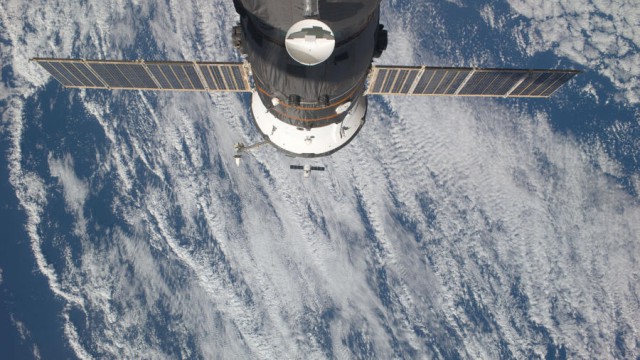
Tesla and SpaceX CEO Elon Musk has revealed plans to send a constellation of 700 low-orbit satellites, which would be capable of powering the world’s wireless Internet.
That plan took its next step when Musk filed the project to the Federal Communications Commission. Musk will also need permission from NASA to launch the satellites, alongside a few other organizations in the US government.
Offering low-cost wireless Internet service to people across the world could increase mobile adoption in regions like Africa, South-East Asia and South America. The satellite data will be offered to local carriers to boost the speed and consistency of their network.
Musk will use SpaceX to build and the launch the low-orbit satellites. Since SpaceX currently makes less money than it needs to build government-grade rockets, this could be a way to fund the company and keep it from relying on outside funding.
The last funding round, Google added £640 million to the pot in the hopes SpaceX would work with them on the satellite Internet project. Google may be able to push the wireless service to networks with Android devices, potentially pushing ads and updates.
SpaceX is not the only company working on satellites for Internet, Samsung has a similar constellation in mind, alongside a Qualcomm-backed project. Google is working on Project Loon, a hot-air balloon project with similar intentions. Facebook is working on large drones that will send satellite data to users on the ground.
Published under license from ITProPortal.com, a Net Communities Ltd Publication. All rights reserved.
Photo Credit: NASA’s Marshall Space Flight Centre’s Photostream

